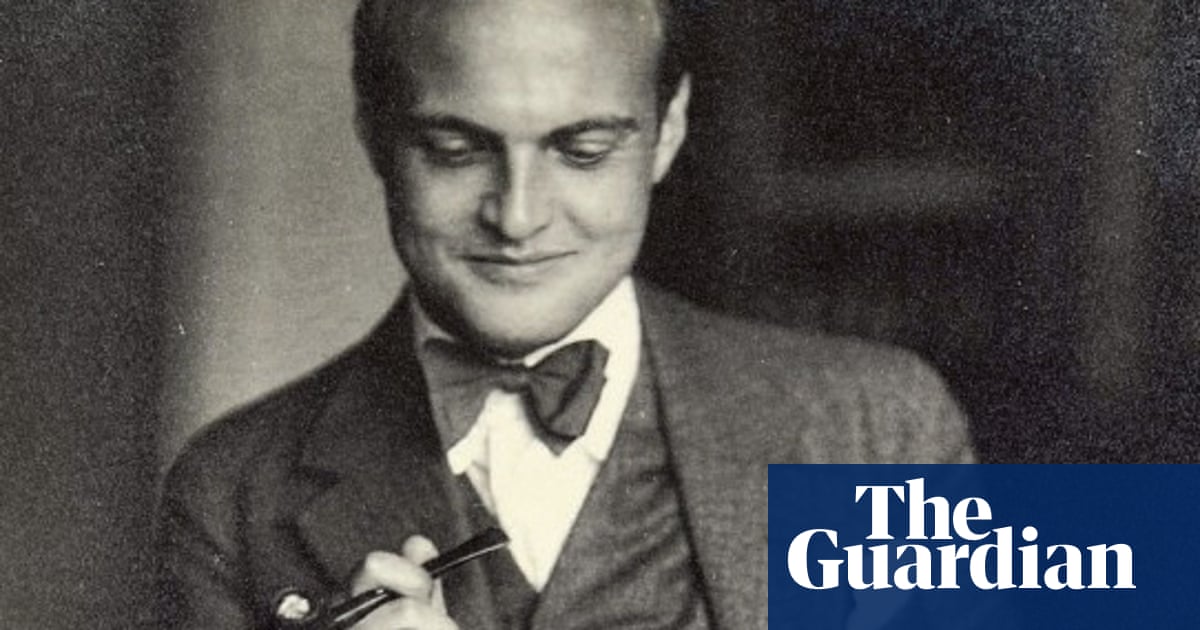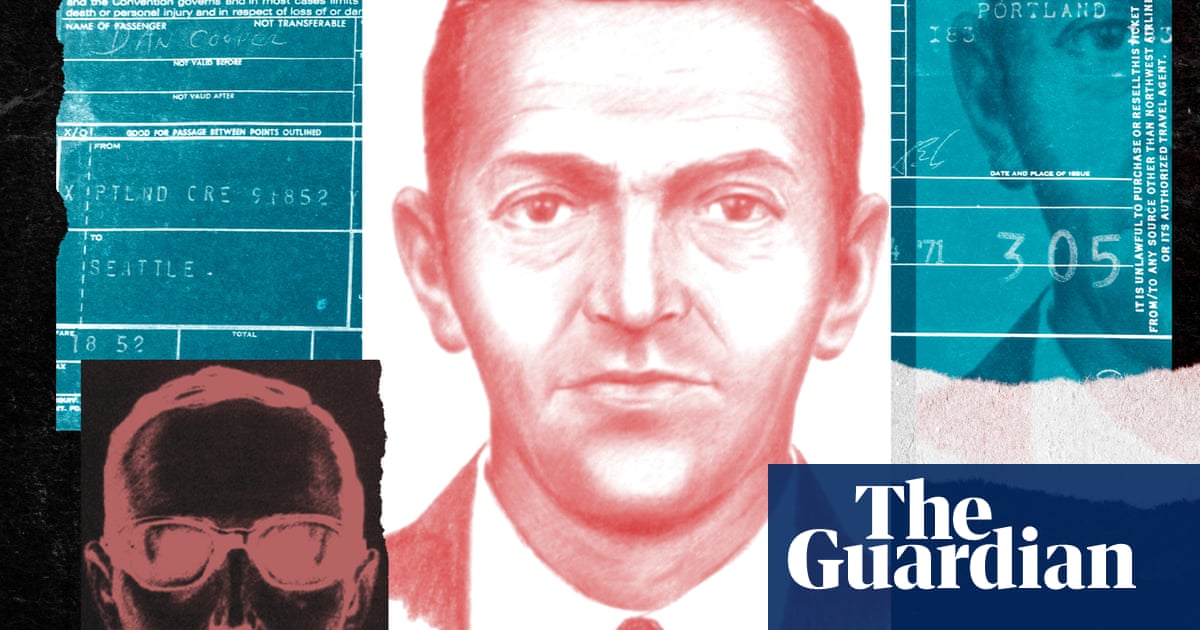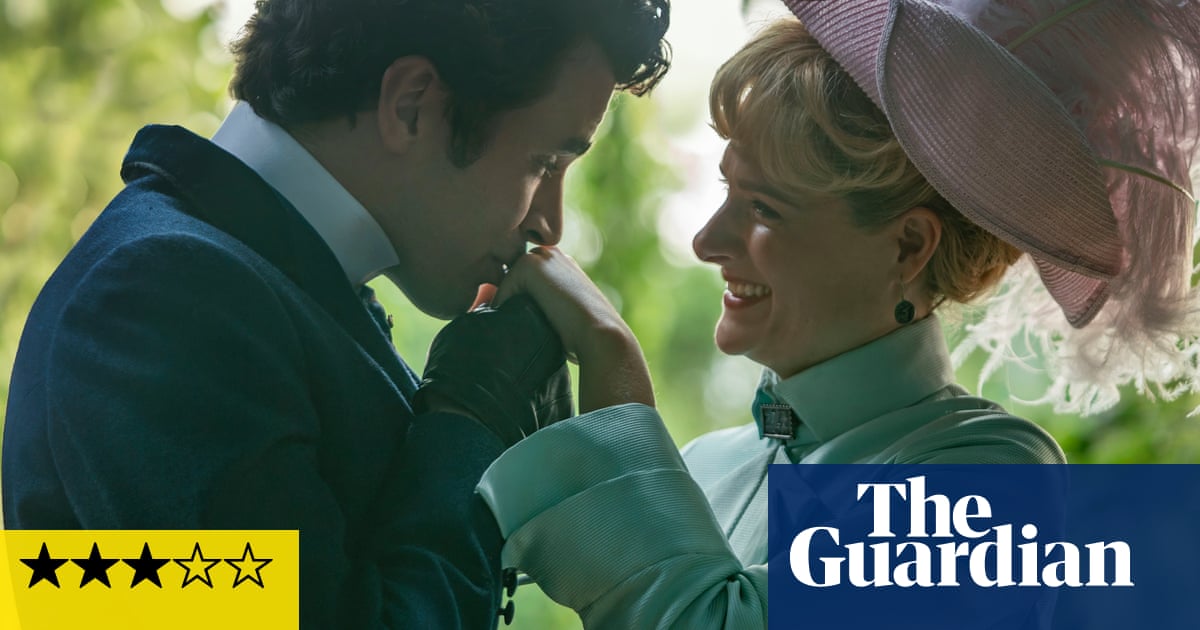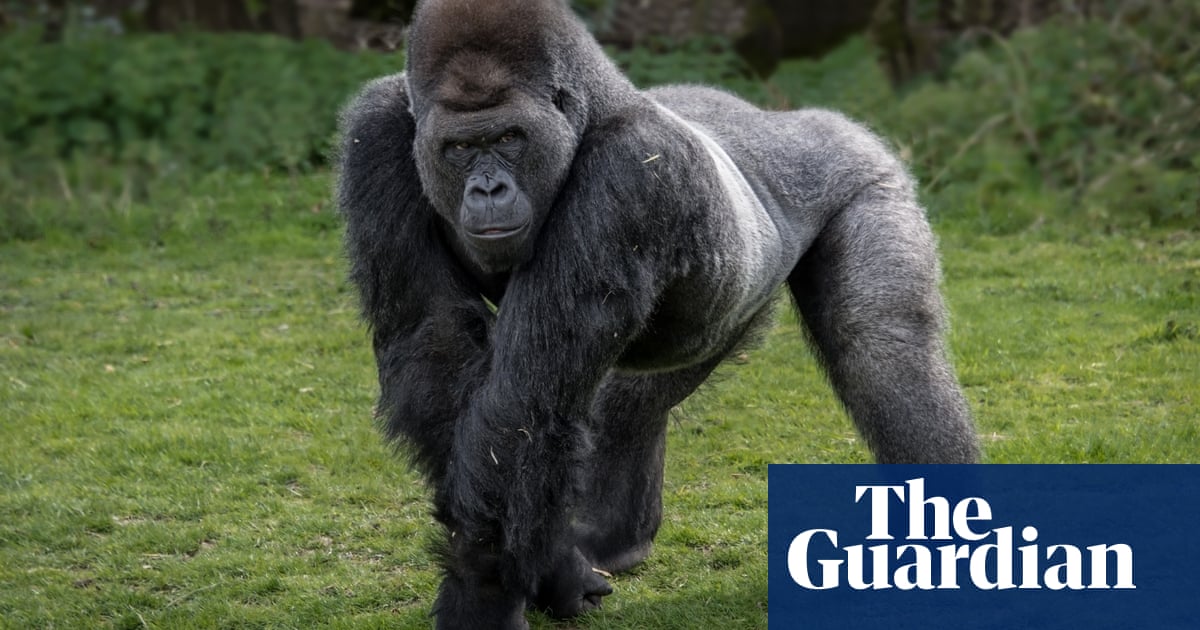‘You tell ’em a joke they’ve heard before, and: silence.” So says Eric Morecambe in The Last Laugh on audience resistance to secondhand comedy. But it’s a sentiment contradicted by the show itself, which recycles lots of jokes we’ve heard before in its tribute to three 20th-century comedy giants, and makes us laugh plenty. Writer-director Paul Hendy’s play imagines Morecambe, Tommy Cooper and Bob Monkhouse sharing a dressing room preshow. There is no plot, there are no narrative surprises, just chat and banter among the threesome about their lives and the nature of comedy. Oh, and jokes. Lots of – usually terrific – jokes.
It’s as much tribute act as drama, the chief pleasure of which is to see these stars of (some of) our childhoods brought uncannily back to life. It helps that Bob Golding, Simon Cartwright and Damian Williams have played their alter egos before, extensively, and summon them like spirits to the stage. Jus’ like Cooper, Williams need only gather his awkward bulk and peer haughtily down from under his fez, and we’re laughing. Cartwright’s Monkhouse, bordering on animatronic and caked in makeup that would make Donald Trump blush (not that we’d see it), is fascinated by Tommy and Eric’s “funny bones”. It comes less naturally to him, a scholar of comedy but no clown.

This gets discussed. So too their comedy heroes, their lifestyles, their compulsions to make people laugh (“Why do we do it, boys?”), in a show that is sometimes clunky and talks a lot but rarely transcends the usual cliches. Little of this chat arises naturally from the situation. Nor do the trio’s detours into shtick – Morecambe’s George Formby singalong, a lovely set-piece involving Cooper and a picket-fence gate – in a show that could play freer with its fourth wall.
But that hardly matters, partly because the situation (all too obviously) isn’t as it seems, but also because these gags and routines are recreated with an affection – a heady sentimentality, let’s face it – that’s easy to submit to. And because these performers, channelling the prodigious skills of their forebears, offer up star turns that might win even curmudgeonly Cooper’s approval.

.png) 3 months ago
50
3 months ago
50

















































